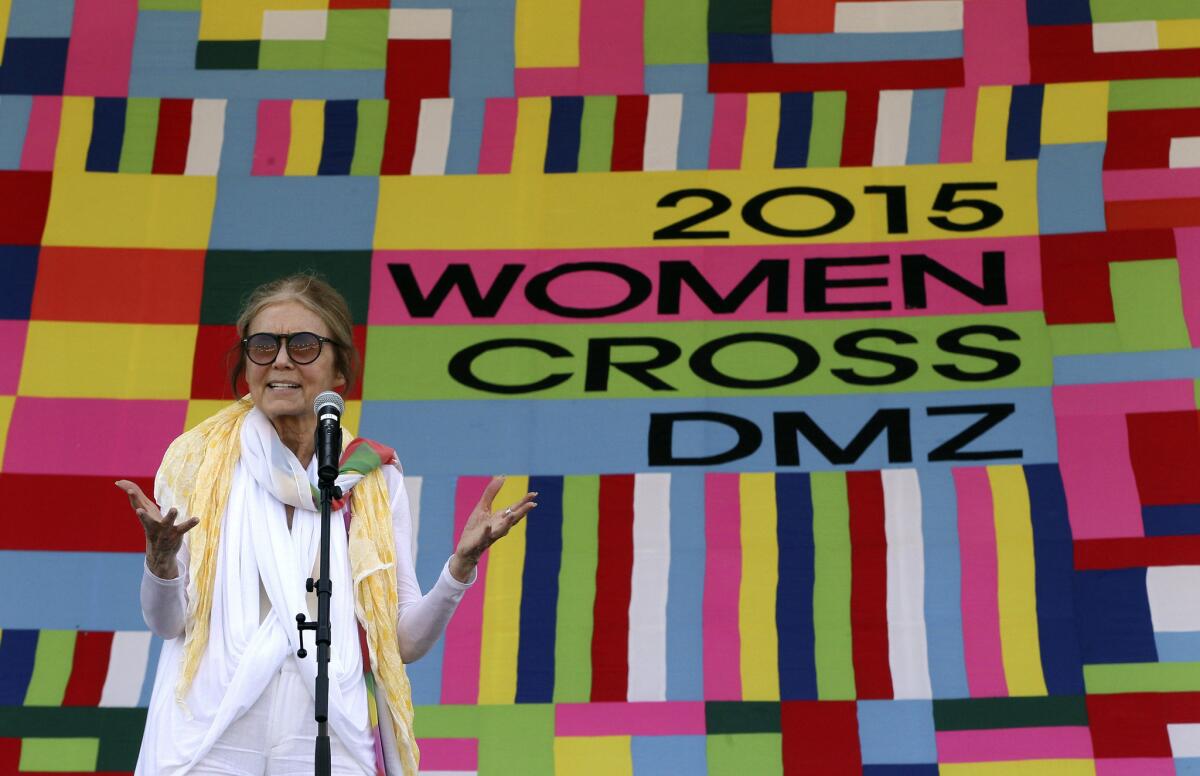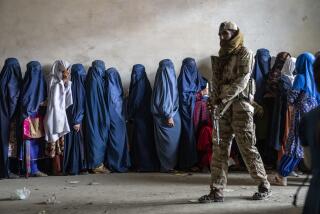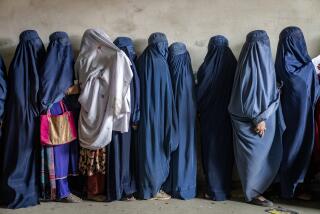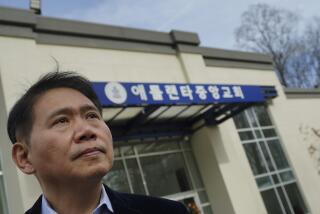Women peace activists cross Korean DMZ amid heavy security and criticism

U.S. activist Gloria Steinem and two
A group of 30 women peace activists from 15 countries around the world crossed the Demilitarized Zone into South Korea on Sunday amid heavy security and criticism over their trip to North Korea, a country with a dangerous nuclear weapons program and an extensive record of human rights abuses.
The group, led by noted feminist Gloria Steinem, held a news conference immediately after arriving on the South Korean side and claimed that the trip had been a success.
“This is an enormous triumph,” Steinem said. “We feel very celebratory and positive that we have created a voyage across the DMZ in peace and reconciliation that was said to be impossible,” she added.
The women initially planned to cross the DMZ on foot at Panmunjom Peace Village, the so-called “Truce Village” where an armistice agreement was signed in 1953 to end combat in the Korean War. Soldiers on both sides still patrol the border around the clock in a face-to-face standoff.
The South Korean government denied the women permission to cross at Panmunjom, saying that it was not possible to guarantee their safety at the village. Instead, a bus picked the women up on the north side and brought them south.
The women said that while in North Korea they were able to act as “citizen diplomats” and interact with women at a series of events.
They said they hoped their trip would lead to more exchange between North Korea and the outside world. “Every little step is a step in the right direction,” said Liberian Nobel Peace laureate Leymah Gbowee.
Hundreds of South Koreans were waiting for the women after their arrival Sunday, some supportive of their march, others harshly critical. Groups of nuns sang hymns welcoming the women and thanking them for what they described as a gesture of peace.
About a mile down the road, near Imjingak Unification Park, at a concert held to celebrate the women’s trip, right-wing activists held a demonstration, criticizing the women for traveling to North Korea without pressing the country’s leadership to improve its human rights situation.
Hundreds of police officers formed a human barricade to separate the women from the protesters, who, amid families flying kites and eating ice cream, made fiery speeches and held placards with messages such as “Return to North Korea” and “Go to hell.”
“They’re just useful idiots for North Korea,” said Lee Dong-bok, 78, a retired South Korean lawmaker who participated in the protest. “They’re creating the false impression that North Korea is actually interested in peace,” Lee said.
While the women were in Pyongyang, the North Korean capital, last week, the North’s official Rodong Sinmun newspaper ran an article about their visit to the birthplace of founding leader Kim Il Sung. The article quoted Mairead Maguire, the Nobel Peace laureate from Northern Ireland, as saying that she was “deeply moved” by the visit. It also attributed flattering comments about Kim having devoted his life to the freedom and liberation of the Korean people to Korean American Christine Ahn, one of the trip’s coordinators.
For detractors, the report fed into perceptions that the visiting women would be exploited for propaganda benefit by the North. At Sunday’s new conference, Steinem said it was “absolutely not true” that those remarks were made.
When asked about North Korean human rights on Sunday, the women emphasized the importance of holding civil exchanges between the two sides, and working toward signing a peace treaty that would officially end the Korean War. “You get human rights when you have a normal situation without war,” said Maguire.
Foreigners who visit North Korea must travel with minders and are generally not permitted to stray from official itineraries or have impromptu interactions with locals. Nevertheless, Steinem said on Thursday that the women were able to have meaningful interactions during their trip.
“I know we had real human exchanges with North Korean women,” she said.
Borowiec is a special correspondent.
More to Read
Start your day right
Sign up for Essential California for news, features and recommendations from the L.A. Times and beyond in your inbox six days a week.
You may occasionally receive promotional content from the Los Angeles Times.






